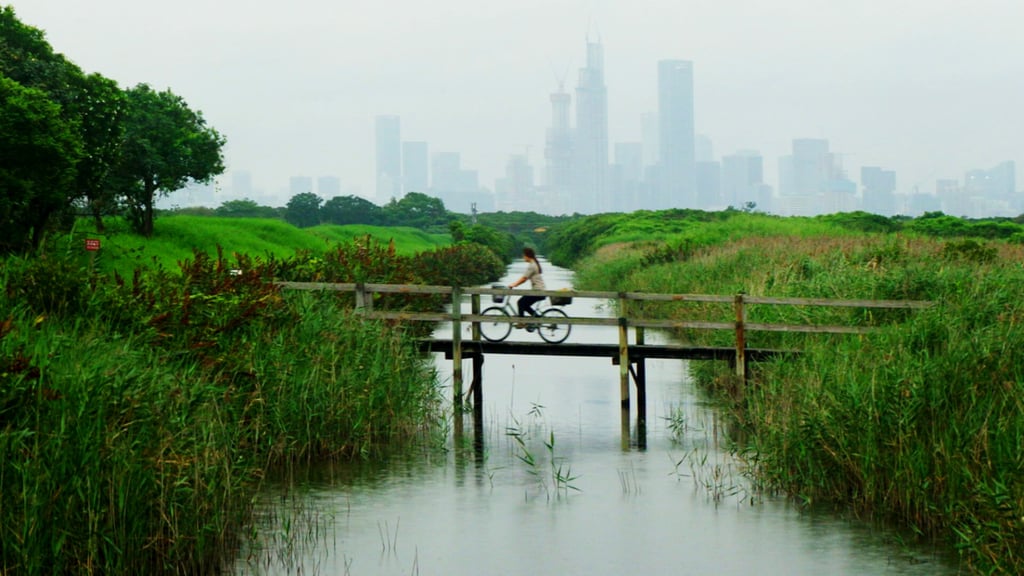HSBC’s charity arm steps up support for Mai Po wetlands with otter conservation project
- Latest study into nocturnal mammal in Hong Kong’s Mai Po Nature Reserve made possible by support of The Hongkong Bank Foundation
Mai Po Nature Reserve, situated in Hong Kong’s northwestern corner – which is managed by WWF-Hong Kong, the city’s independent branch of the wildlife conservation organisation – is known for its internationally acclaimed marshlands and high diversity of wetland habitats.
The Hongkong Bank Foundation, established by HSBC in 1981 with the mission to help cultivate a sustainable future for the community, has built a strong partnership with WWF-Hong Kong since 1999. Over the past 25 years, the partnership has contributed to the conservation of Mai Po’s wetlands, supported biodiversity and brought communities together to effect positive change.
This 380-hectare (940-acre) protected site is popularly known as Hong Kong’s “Bird Paradise”; each winter about 60,000 migrating birds, including more than 400 different species, come to roost in Mai Po’s intertidal mudflats, gei wais (traditional shrimp ponds), mangroves and reed beds.
Yet few people may know that the spectacular wildlife haven is also home to other flora and fauna. They include more than 100 aquatic invertebrates, more than 50 dragonfly and damselfly species and over 30 species of mammals, including one of special conservation concern – the Eurasian otter.

These nocturnal otters spend much of their time in water, feeding mainly on fish. It is rare to see an otter, and even rarer for them to be studied around Hong Kong. The species has suffered from serious decline and has been close to local extinction since the 1960s. Research published in 2021 showed at least seven otters in Hong Kong, restricted to the wetlands of Mai Po and adjacent Deep Bay.
“They are top predators, so protecting them is important for the balance of the ecosystem,” Maggie Kwok, project manager of WWF-Hong Kong’s Wetland Incubator programme, says. Predators are critical for healthy ecosystems to keep the population of species they prey on under control.
